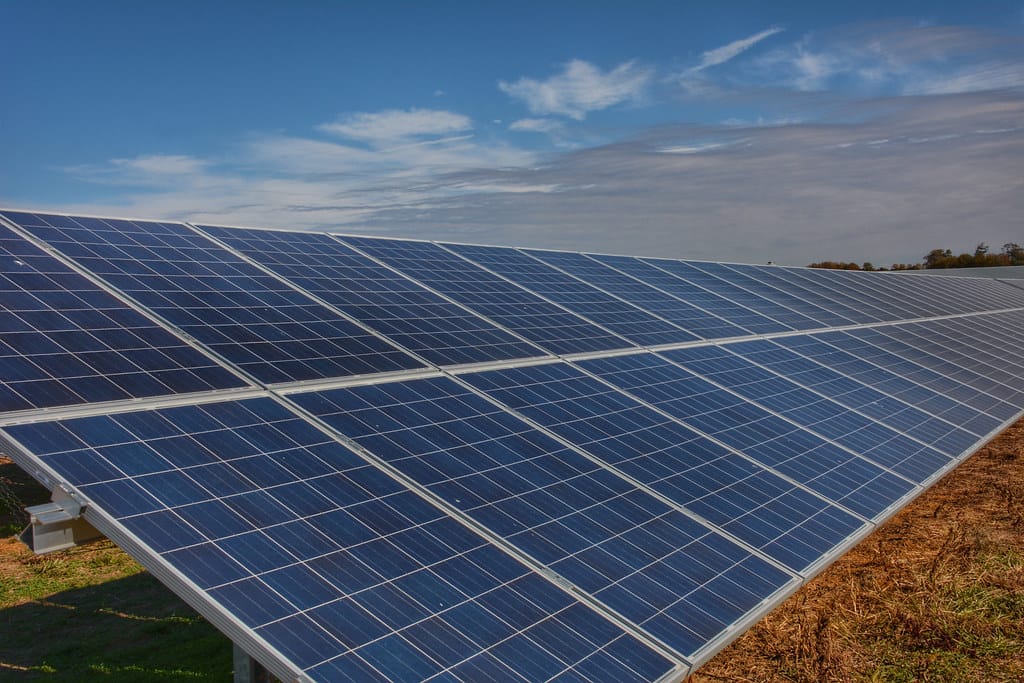House Passes Bill That Slashes Solar, Wind and EV Tax Credits: What It Means for Clean Energy Future
The U.S. House of Representatives delivered a significant blow to the clean energy sector this week, passing legislation that would eliminate or drastically reduce federal tax credits for solar installations, wind projects, and electric vehicle purchases. The bill, which passed along party lines with a 218-213 vote, represents the most substantial challenge to America's clean energy transition since the passage of the Inflation Reduction Act in 2022.
What's on the Chopping Block
The proposed legislation targets three cornerstone policies that have driven America's renewable energy boom over the past decade:
Solar Investment Tax Credit (ITC): Currently allowing homeowners and businesses to deduct 30% of solar installation costs from federal taxes, the bill would phase out this credit entirely by 2025, rather than the planned gradual reduction to 10% by 2032.
Production Tax Credit (PTC) for Wind: The legislation would eliminate the $0.027 per kilowatt-hour credit for wind energy production, which has been instrumental in making wind the cheapest form of electricity in many regions.
Electric Vehicle Tax Credits: The up to $7,500 credit for new EV purchases and $4,000 for used EVs would be completely eliminated, potentially adding thousands to the cost of electric vehicles for consumers.
Industry Impact and Numbers
The timing couldn't be more critical for the clean energy sector. According to the Solar Energy Industries Association, the solar industry has grown by 52% over the past decade, largely driven by federal tax incentives. The American Wind Energy Association reports that wind power now generates 10% of the nation's electricity, supporting over 140,000 jobs.
"This legislation would effectively pull the rug out from under an industry that's finally hitting its stride," said Sarah Mitchell, a renewable energy analyst at the Institute for Energy Economics. "We're talking about potentially tens of thousands of jobs and billions in private investment at risk."
The electric vehicle market, which saw record sales of 1.4 million units in 2023, could face significant headwinds. Tesla, Ford, and General Motors have all indicated that the elimination of tax credits could slow their EV production timelines and force price increases.
The Political Divide
Republican supporters of the bill argue that these subsidies represent unnecessary government spending and market distortion. House Energy and Commerce Committee Chairman Rep. Bob Stevenson stated, "It's time to let the free market work without picking winners and losers with taxpayer dollars."
Democrats and environmental groups have denounced the measure as shortsighted. House Minority Leader Rep. Maria Rodriguez called it "an attack on American energy independence and our climate commitments."
The legislation also faces skepticism from some traditionally conservative states that have become major renewable energy producers. Texas, which leads the nation in wind energy production, could see significant economic impacts if the credits disappear.
Market Reactions and Economic Implications
Financial markets reacted swiftly to the news. Renewable energy stocks dropped sharply, with major solar companies like First Solar and Sunrun seeing 8-12% declines. Conversely, traditional energy stocks gained ground, with ExxonMobil and Chevron posting modest increases.
The broader economic implications extend beyond energy companies. The renewable energy sector has been a significant driver of job creation, particularly in rural areas where wind and solar farms are typically located. The American Clean Power Association estimates that eliminating these credits could result in 100,000 fewer clean energy jobs over the next five years.
Senate Outlook and Next Steps
The bill's prospects in the Senate remain uncertain. While Republicans hold a narrow majority, several GOP senators from states with significant renewable energy industries have expressed reservations about eliminating the credits entirely.
Senator John Hayes from Iowa, a major wind energy producer, stated, "We need to be thoughtful about how we approach energy policy. These credits have brought significant economic benefits to my state."
The Bottom Line
While this House vote represents a significant symbolic victory for opponents of clean energy subsidies, the legislative journey is far from over. The bill faces an uphill battle in the Senate, and even if passed, would likely face a presidential veto.
However, the vote signals a clear shift in federal energy policy priorities and creates uncertainty for an industry that has thrived on predictable government support. For consumers considering solar installations or electric vehicle purchases, the message is clear: the window for maximum federal incentives may be closing sooner than expected.
The coming months will be crucial for determining whether America's clean energy transition continues its rapid pace or faces significant headwinds from changing political winds in Washington.

